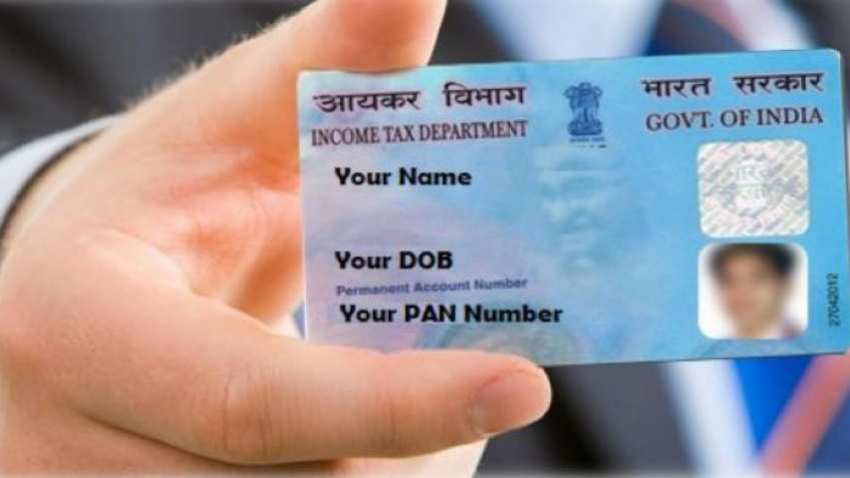Approximately 20,73,434 PAN card applications were pending for approval and allotment as of January 26th 2018, according to government sources. Almost 15-25 lakh PAN card applications are received by the Income Tax Department of India. Permanent Account Number (PAN) is a requisite for all residents of India. It acts as a proof of identity, and it is a mandatory document to be furnished during tax payments as well as for other financial transactions. Benefits of PAN card is not limited to business transactions, as it has to be submitted if an individual wants a new phone or gas connection.
Why is a PAN card essential?
PAN card is one of the most vital KYC documents, and has to be provided in multiple scenarios, listed as follows –
1. Purchase/sale
Purchase or sale of any immovable item valued at Rs.50,000 or above requires PAN card as proof of identity to facilitate the transaction.
2. Open a bank account
A primary purpose of the PAN card is that details of the same have to be furnished while opening a deposit account with any scheduled public or commercial financial institution, or post office. In the case of fixed deposits, the total value of the investment has to exceed Rs.50,000. Such deposits can be maintained with standard financial institutions or NBFCs.
3. Cash payment higher than Rs.50,000
Cash payments higher than Rs.50,000 to the following entities have to be backed by PAN verification –
- A single bill generated by hotels or restaurants.
- Expenses incurred during overseas trips, obtaining foreign exchange, etc.
- Cheques or demand drafts issued by individuals amounting to Rs.50,000 or above.
- A cash deposit of Rs.50,000 and above to bank accounts.
4. Investments
Importance of PAN card can be witnessed while undertaking any sizeable investment higher than Rs.50,000 in mutual funds, or bonds/debentures of any public listed company. Purchasing RBI mandated instruments also fall under this category. You also have to submit a permanent account number while opening a Demat account.
5. Tax calculations
Uses of PAN card are extensively centred around taxation; PAN is provided and maintained by the IT department of India. An example of the importance of PAN – Individuals are charged a higher tax rate on income from other sources if PAN details are not furnished.
Benefits of PAN card are also extended to income-tax returns calculations, IT returns claimed by an individual are recorded against the PAN of that individual.
Such widespread uses of a PAN card make it an essential document for Indian citizens as well as NRIs. Theft or misplacement of the same can easily create multiple hassles, as the procedure to apply for a duplicate copy of the same can be complicated and time-consuming.
Individuals carrying their PAN card in their wallet often run the highest risk of such scenarios, as theft or misplacement of the same is quite common. As such, they can opt for Wallet Care insurance cover extended by Bajaj Finserv under Pocket Insurance & Subscriptions to benefit from financial aid as well as assistance.
For added coverage, individuals can opt for a purse care insurance extending the added facility of remote blocking of all digital payment cards inside the insured individual’s wallet and not just the PAN card with one toll-free phone call.
As benefits of PAN primarily extend to the financials of an individual, misplacement of the same can lead to adverse legal repercussions. Fraudulent transactions of the substantial amount can be conducted through stolen PAN details, which can lead to severe monetary distress. To benefit from financial aid in such situations to meet all legal liabilities, individuals can avail an identity theft insurance cover, which can compensate for monetary losses, legal fees, and other such monetary obligations arising from an instance of unauthorised usage of a lost or stolen PAN card.
With such comprehensive insurance plans, individuals can mitigate their financial liabilities in case of unforeseen events. Make sure to understand the terms of coverage and compare the sum insured offered by various financers before choosing a single insurance policy.
